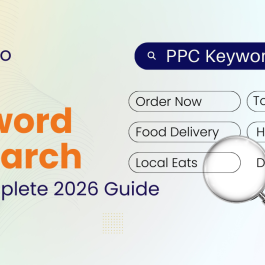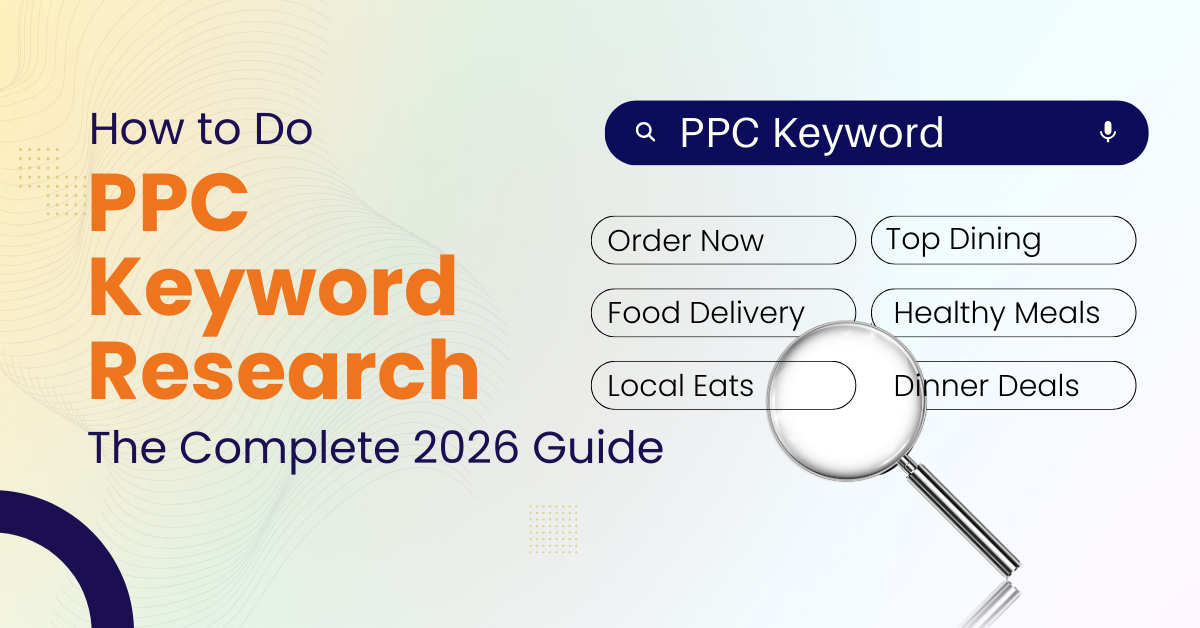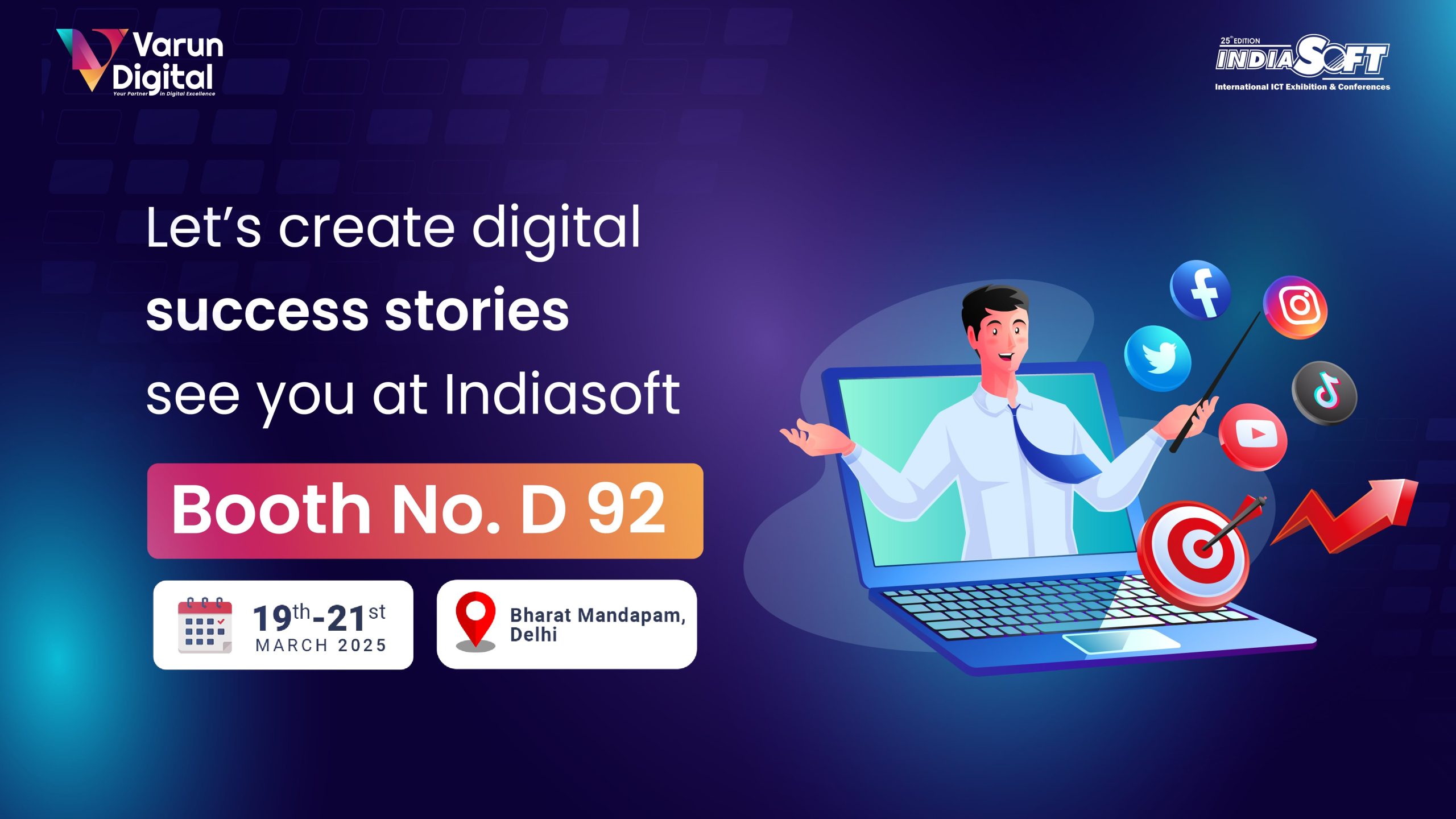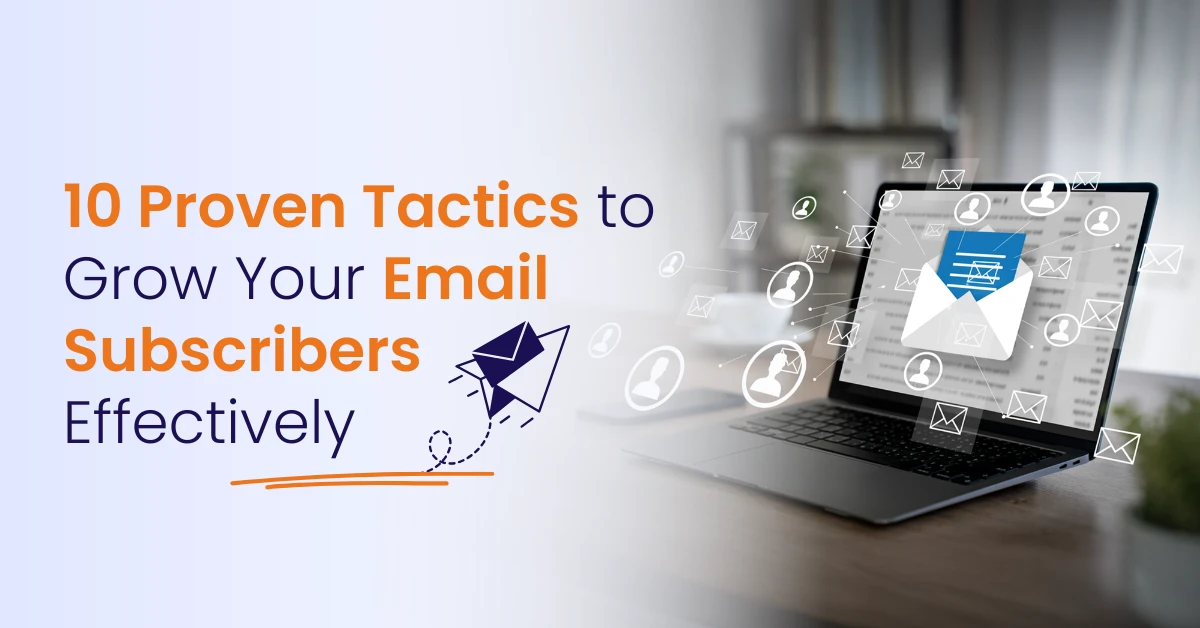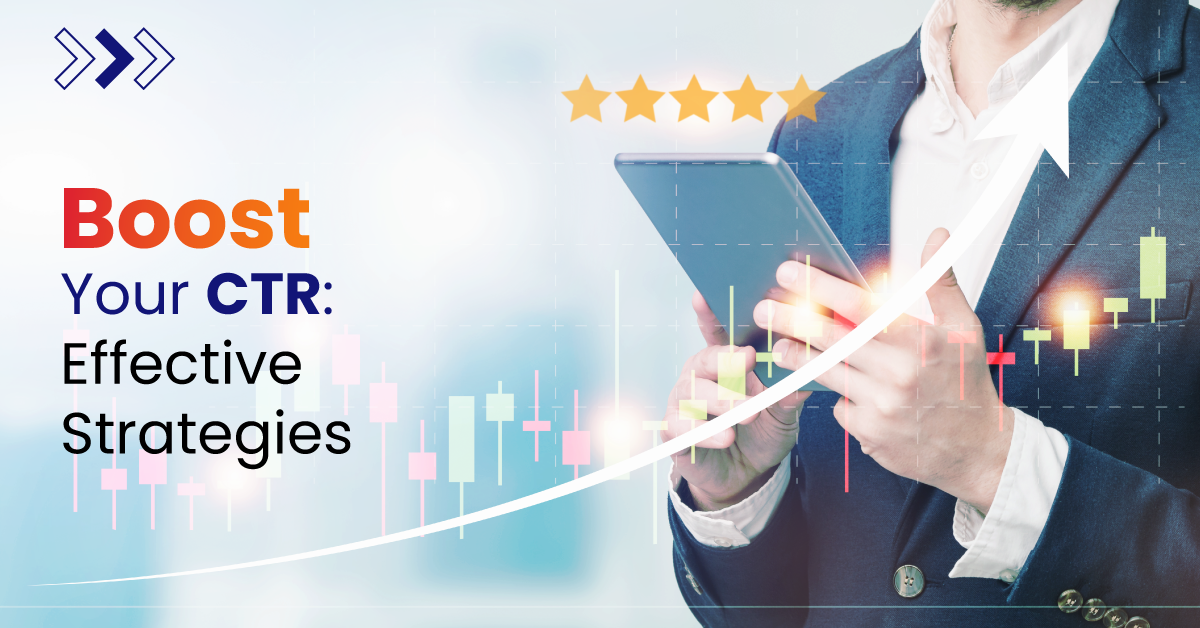4 min read
Table of Contents
Reputation Management Strategies: Overview
Success in today’s fast-paced digital world depends on keeping abreast of the most recent developments in marketing. Marketing professionals must modify their approaches in light of the rapidly changing nature of technology to effectively connect and interact with their target audience. The newest developments in reputation management strategies and digital marketing trends will be examined in this blog post. Everyone in marketing should read that and incorporate it into their campaigns.
Voice Search Optimization
The popularity of virtual assistants such as Siri, Alexa, and Google Assistant. It has led to a significant increase in voice search usage. Studies show that by 2022, voice searches will make up over half of all online searches. For their content to show up in voice search results, marketers need to optimize it for voice search. Better visibility in voice search can be achieved by utilizing natural language, long-tail keywords, and FAQ-style content.
Artificial Intelligence in Marketing
The way marketers evaluate data, automate processes, and customize client experiences can completely transform by artificial intelligence (AI). AI-based marketing solutions allow marketers to make data-driven decisions by gathering and analyzing massive volumes of data to spot patterns and trends. Artificial intelligence (AI)-powered chatbots can also improve customer service by offering prompt responses and tailored recommendations.
Video Marketing Dominance
The video marketing scene still dominates digital marketing. It is now a necessary tool for brands to interact with their audience, present gripping tales, and highlight goods and services. Given the widespread use of sites like YouTube, TikTok, and Instagram Reels, marketers ought to concentrate on producing visually captivating and easily shared video content. Since they enable viewers to interact with content in real-time, live streaming and interactive videos are also becoming more and more popular.
Influencer Marketing
Influencer marketing has developed into a potent tactic that helps businesses connect with their target market in a genuine way through reputation management strategies. Working together with influencers who are well-known and credible online can help raise brand awareness, improve traffic, and increase conversions. With their smaller but extremely active fan bases, micro-influencers have also become a more affordable option for marketers aiming to reach specialized markets.
Personalization and Hyper-targeting
Customer expectations for personalization are now commonplace. If marketers want to boost engagement and conversions, they must provide customized experiences through a variety of channels. Marketers can deliver personalized marketing content, offers, and recommendations by segmenting their audience and utilizing data analytics. By utilizing sophisticated targeting strategies like geolocation and behavioral targeting, hyper-targeting goes beyond personalization.
Social Media Stories
Users now find great popularity in social media stories, such as those found on Facebook, Instagram, and Snapchat. These fleeting vertical films or pictures convey a feeling of exclusivity and urgency. Marketers can take advantage of this trend by crafting captivating and interactive narratives that encourage user interaction, present behind-the-scenes material, or advertise special offers.
User-Generated Content
Any content produced by users as opposed to brands is referred to as user-generated content, or UGC. It consists of social media posts, reviews, and testimonials, among other things. In addition to fostering engagement and brand loyalty, user-generated content (UGC) also increases authenticity and trust. With competitions, hashtags, or by showcasing their work on brand channels, marketers can encourage consumers to produce user-generated content (UGC).
Augmented Reality (AR) Marketing
Augmented reality (AR) is revolutionizing the relationship between brands and consumers. Using wearable technology or smartphones, augmented reality (AR) enables users to superimpose digital elements on the actual environment. Marketers can use augmented reality (AR) to offer immersive experiences, let customers try products online before buying them, or make their brand interactions more fun. A good example of AR-inclusive marketing done well is IKEA’s augmented reality app, which allows users to see furniture in their homes.
Chatbot Integration
Conversational agents are now a crucial component of lead generation and customer support plans. They can answer several questions at once and provide prompt assistance. Marketers can efficiently capture leads and offer round-the-clock assistance by integrating chatbots into their messaging apps, social media platforms, and websites. Chatbots with AI capabilities have the ability to customize user interactions according to their behavior and preferences.
Privacy and Data Protection
Marketers must place a high priority on safeguarding user data in light of growing concerns about privacy and data security. Sustaining consumer trust requires adherence to data protection laws such as GDPR. Users’ express consent should be obtained, data collection procedures should be transparent, and strong security measures should be put in place to protect consumer information.
Conclusion
Staying abreast of the latest developments in digital marketing is essential for marketers! Who want to maintain a competitive edge, given the rapid evolution of the digital landscape. Adopting reputation management trends, which range from voice search optimization to AI-powered marketing tools, influencer partnerships to video marketing dominance, and personalization to augmented reality marketing, can help marketers better connect with their target audience and accomplish their objectives. Through flexibility and proactive application of these trends, marketers can craft powerful campaigns that captivate, persuade, and hold onto customers in the dynamic digital landscape.
Published: December 11th, 2023




